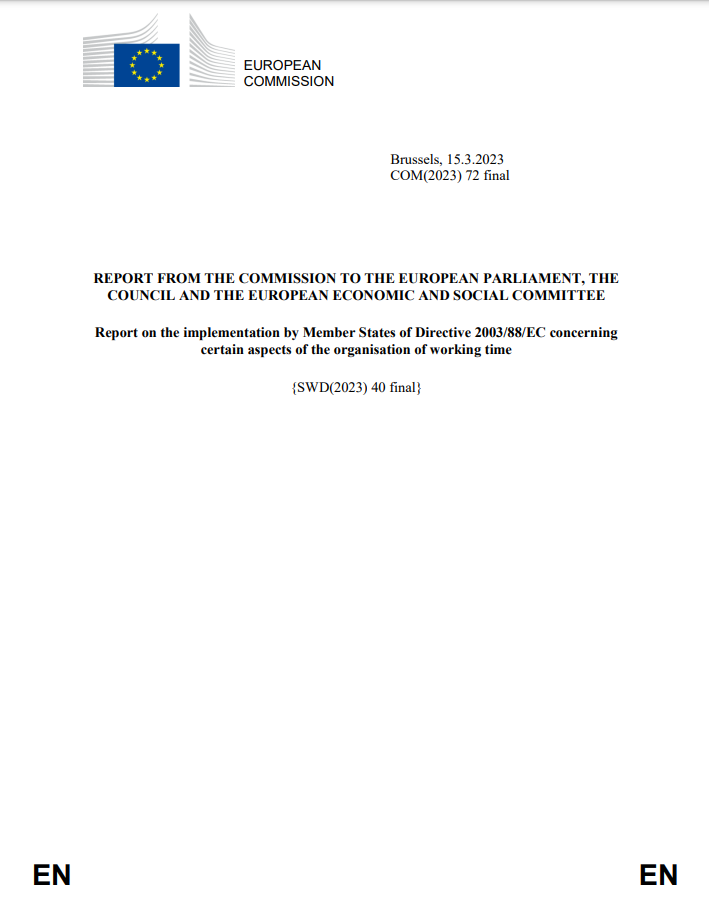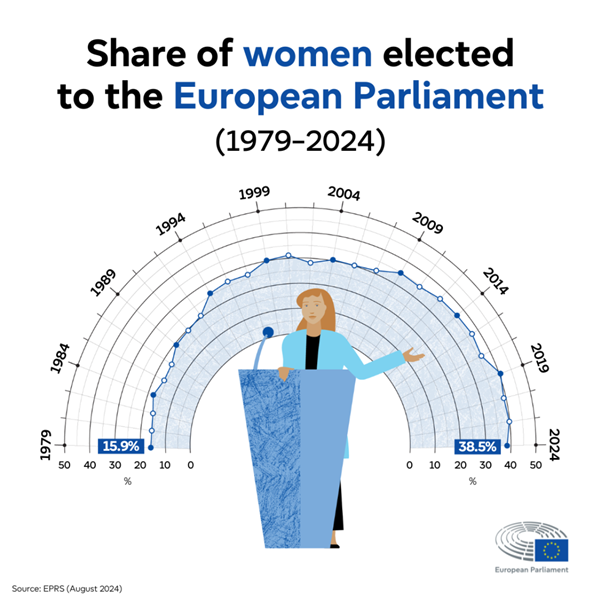European Commission, the last decades, has set different policies regarding the labour law , in the framework of setting the minimum standards which the EU-members should adopt to promote social progress, protect social cohesion and improve the living and working conditions of the people across Europe.
With the European Labour Law, EU is aiming to define the rights and obligations the workers and employers have in the labor market. This EU Law, covers 2 main areas:
- Working conditions-namely working hours, part-time & fixed-term work, posting of workers etc.
- Informing & consulting workers about collective redundancies, transfers of companies, etc.
Each EU country should adapt to the European Working Time Directive (EU’s Working Time Directive (2003/88/EC) referring amongst others, to the annual paid leave, a rest break during working hours if the worker is on duty for longer than 6 hours, extra protection in case of night work etc.
Targeting to the better implementation of the European Working Time Directive, the EU-Members need to increase awareness of existing social rights and to better support their implementation.
The need to ensure a healthy and safe work environment is at the core of the European Pillar of Social Rights. As a result, its principle 10(a) states that “workers have the right to a high level of protection of their health and safety at work”. In this framework, the European Commission currently (in 2023) adopted the “Interpretative Communication” on the Working Time Directive. Through this Directive, aims to increase legal certainty and clarity concerning interpretation of the Directive, while the Implementation Report, required by Article 24 of the Working Time Directive to be presented every five years, analyses the state of play as regards its transposition.
Jointly, these documents will assist Member States and stakeholders to ensure a better implementation of the Directive and deliver better results for citizens, businesses, and public authorities.
The adoption of such Directive benefits both employers, employees, and the society as a whole by
• Providing a clear framework of rights and obligations in the workplace,
• Protecting the health of the workforce,
• Promoting sustainable economic growth.
Moreover, EU labour law goes hand in hand with the single market. The free flow of goods, services, capital and workers needs to be accompanied by labour law rules, to make sure that countries and businesses compete fairly on the strength of their products – not by lowering labour law standards.
Sources:






